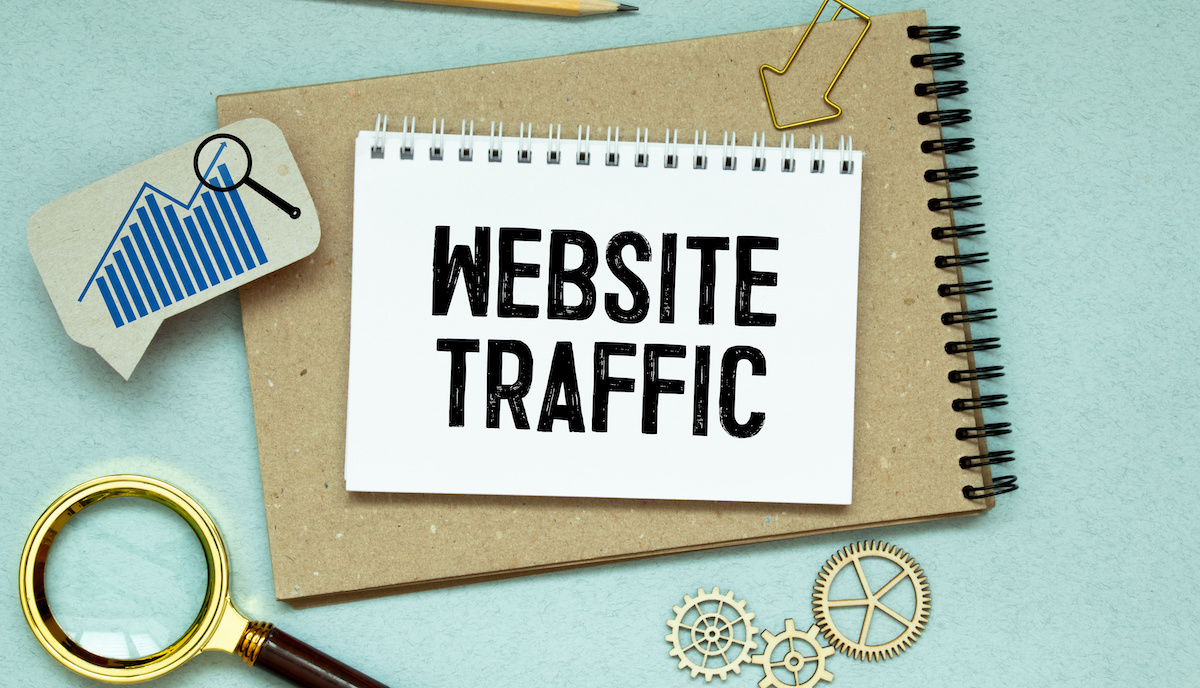Achieve Better Results with Organic & Paid Search Strategies
By Tomahawk on

Digital marketing is essential to creating more awareness of your brand and what you offer. The biggest challenge for small businesses is attracting the right people to find your business online. In the scope of tourism, digital marketing plans and strategies are all about The 5 Stages of Travel. Besides making an effort to create engaging content on your social media or website, it’s always important if the high-quality content can reach your customers before your competitors do!
The key objective is to make sure that your website can be found at the top, and on the first page when people search for what they want or need. To better achieve this, you can use both organic and paid search strategies.
What are the differences between organic and paid search strategies?
Organic search is the unpaid search results based on the efforts of search engine optimisation (SEO). It’s measured by the content, quality, keywords, meta tags and descriptions of the pages on your website. Some SEO marketing tips like writing engaging blogs and applying user-generated content (UGC) can help with your organic search listing rankings.
Paid search is the paid advertising results that appear at the top of the listings, close to the search bar and on top of the organic searches. This can be done by Search Engine Marketing (SEM) with Google Ads that direct searchers to landing pages on your website.
What are the benefits of using an organic search strategy?
- It’s free, sustainable and cost-effective in the long term. Though dealing with SEO takes time and may not be just one off work, you don’t need any budget to start your digital marketing with your own created content compared to paid advertisements
- Once your pages are visible on search engines, they serve your business for years. When your content and keywords are optimised, organic traffic keeps driving in with zero costs, increasing your return on investment (ROI)
- About 70% of online traffic is organic traffic. People recognise your website as a trustworthy and authoritative voice when they see you at the top of the organic search results instead of paid ads, helping you boost credibility
- Not only can you attract specific audiences, but also new leads and different groups of potential consumers with the intention to look for information and solutions can be brought in with relevant keywords. The consistent flow of traffic and engagement will facilitate the conversions you desire
- Useful data can be collected with organic search by the free Google Analytics to help you learn more about your website’s performance and you can make adjustments to improve your SEO and your rankings
- When you show yourself in the search results consistently with high rankings, you’re a renowned brand in your searchers’ minds and it’s effective to block your competitors’ presence
What are the benefits of using a paid search strategy?
- Similar to the organic search strategy, paid search strategy provides helpful data about your website’s performance. It generates immediate results and it’s more instant compared to SEO.
- There’s valuable user data information that you can get from a paid search strategy like relevant keywords and demographics. The keywords are profitable and proven and you can refer to them as guidelines and targets to help benefit your SEO and new content
- Though more online traffic is generated by organic traffic, an eye-tracking study showed that people spend a lot of time keeping their eyeballs on the top left corner of the listing pages where the paid and top organic results are. With paid search strategy, it’s guaranteed that you’re on the first page and have the top exposure. Together with your top organic search ranking, you’ll have a much improved chance to win over your competitors
- While organic search strategy with high-quality content can attract the potential audience, you’re in control to geo-target your ready-to-buy customers
- You can design ads and campaigns that meet your business objectives and goals with different Call to Action (CTA) options. They can be launched within a short period of time and deliver impressive ROI

Why use a combination of both organic and paid search strategies?
- Both organic and paid search strategies are best to work as complementary approaches. As mentioned above, SEO needs to target relevant keywords and the data from paid searches can help with the enhancement
- When your website isn’t at the very top of the page organically, paid search can make sure that you’re found at the top places. When you have both paid and organic websites together at the top, it maximises your visibility and coverage on the search engine results page
- With both strategies, you can improve your targeting for specific purposes or for any potential opportunities and campaign initiatives
- Ads can drive clicks to your websites and to learn more about your brand before people take their actions, they need content from organic searches to answer their questions. User data from paid searches can help you create better content on your organic website. Both strategies are interrelated and can support each other
- Insights from ads and SEO can also help you learn more about how your competitors are investing and their strategies.
- This 2-minute video from our team explains why Google Ads and SEO work better together!
If you need more advice on digital marketing with these strategies, feel free to get in touch. We’re happy to help grow your online business.
Read more articles
What's Does Wikipedia and Reddit Have in Common?
By Tomahawk |

They’re probably not in your 2026 marketing plan. But they should be.
While most tourism businesses focus on websites, SEO, social and paid ads, two of the most influential platforms shaping AI-generated answers are Wikipedia and...
Offline Is the New Luxury: Why Tech-Free Travel Is Emerging in 2026
By Gina Paladini |
 Image: Adam Firman
Image: Adam Firman
Seems all tourism trend predictions for 2026 are about AI. AI itinerary builders. AI customer service. AI personalisation. AI everywhere.
But here’s the interesting thing. While we debate how AI will transform...
